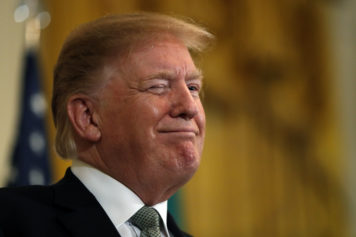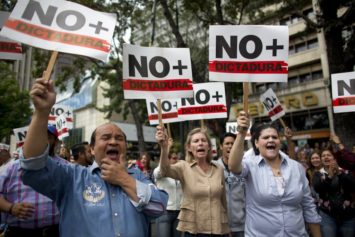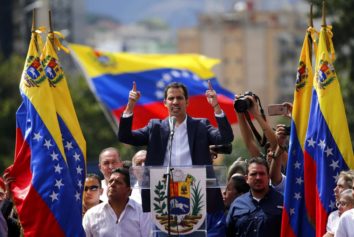President Hugo Chavez left Venezuela two months ago to undergo cancer treatment in Cuba, but has yet to make a public appearance or statement since his departure. While being treated for an undisclosed type of cancer in his pelvic region, Chavez also suffered from additional complications, including a severe respiratory infection. Though Cuba’s former leader Fidel Castro said that Chavez is recovering, the lack of information has left Chavez’s country in doubt. Though he has been absent from the public, Venezuelan officials maintain that the president is still capable of fulfilling his duties as president.
“The president is in charge and making decisions,” Foreign Minister Elias Jaua said Saturday, according to the Associated Press. “It’s a slow, slow recovery process. But he is fighting his battle with great faith, and clinging to Christ and clinging to life … and with the conviction that he is going to win this battle, too.”
Chavez recently missed the inauguration ceremony for his fourth term in office, and has chosen Vice President Nicolas Maduro as his successor should he not be able to complete his fourth term, though a special election would be held if Chavez leaves office. Still, Maduro and other officials have said that the president will eventually return. Some political analysts believe Chavez’s absence could lead to a shift in Venezuela’s politics, and the economy continues to suffer. On Friday the country announced that its currency would again be devalued.
“The transition has already begun in Venezuela, and the election campaign has also begun,” professor Tulio Hernandez of the Central University of Venezuela told the Associated Press. “The transition has also begun in people’s heads. Sometimes, there are mistakes among government spokespeople, who start to speak of Chavez in the past tense.”
However, a lack of action from Chavez’s opposition may reinforce the leader’s regime if no alternatives to the president’s Bolivarian politics are provided. The president’s supporters have held a number of rallies in his absence to keep morale high within the country.


